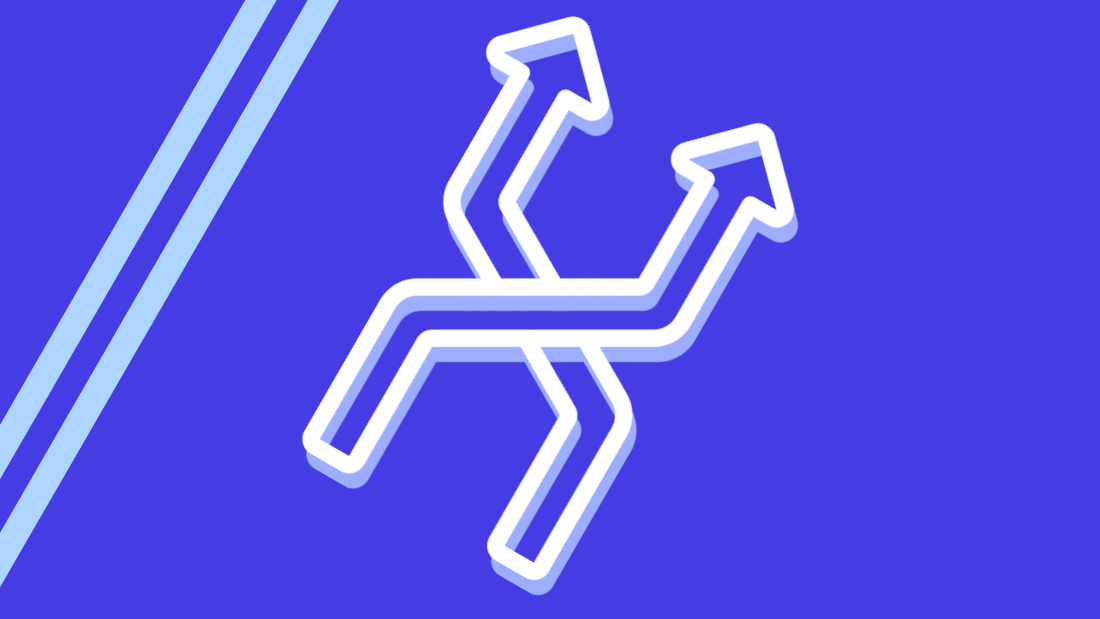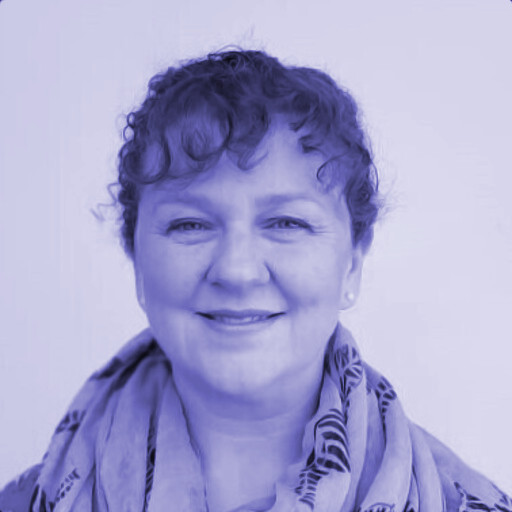Making the move from local government to design consultancy was a big step but I’ve found it’s really just another way to make difference.
I’ve worked in local government, or with local government, for my entire professional life. But in 2022, I felt curious to try something different.
As 2023 draws to a close, maybe you’re feeling the same, and perhaps sharing my impressions and experiences will help you decide.
Making a difference
Working in the public sector is amazing in many ways. There’s a strong sense of community and a real sense of purpose. Every day, I felt I was giving something back to society.
Studying for a qualification around organisational change, I’d researched what motivates people to join and stay in local government. I heard from people who were driven by a deep sense of wanting to contribute.
That’s one of my core values, too, but I began to reflect on whether local government was the only place to do this. Was there another way, or another place?
Putting humans at the centre
As I was pondering my options, a work connection told me about his role at Sparck. He’d made the move from the public sector into this more commercial space and was enjoying it.
He told me about how he was using his skills to support others in bringing a human-centred approach to their work. I was intrigued.
A telephone call later with Sparck’s talent manager Rebecca George led to a series of conversations which, honestly, I can’t call ‘interviews’. They were stimulating, engaging, enjoyable chats with like-minded people. A few weeks and months later, here I am.
And guess what? I still get to make a difference. I still get to work with an amazing community of people. And I still give back through my work.
Transferable skills
I’d honed various skills in local government, working in:
- customer-facing roles
- change management
- service design
- organisational development
Those were totally transferrable to this new world, especially because Sparck makes a point of positively encouraging applications from like me who’ve had squiggly career paths.
They are interested in how you got to where you are and, importantly, what you learned along the way – not just which qualifications you have or which job titles are on your CV.
Imposter syndrome
I’ll admit that my first few weeks at SPARCK did come with an unwelcome dose of imposter syndrome.
Why was I here? How could I possibly contribute? Had they made a mistake? And what can I know that these super clever and interesting people around me don’t already know?
“Just be authentic,” was the advice from the supportive design lead in my project, and a lightbulb went on.
A friend once told me when I was comparing myself to those around me “Don’t you think they might want to be a little bit like you too?”.
The culture here at Sparck is one of celebrating our individual superpowers while also acknowledging those areas where we would like to grow. It’s fine not to know everything and curiosity is always rewarded.
And other people want to learn from you, too. They want you to share your knowledge, your experience, and what you know from, well, just being you.
Celebrating the change
Working in a commercial world is different to local government without a doubt.
The pace is different, the language can be different at times, and the structures are different.
But in the world of human-centred design, people are at the heart of our work, just as people are at the heart of public services.
So, in some ways there are more similarities than differences after all.
If you are interested in hearing more about what it’s like to work at Sparck, I’d be happy to chat. Find me, and a bunch of other friendly Sparckies, on LinkedIn.
And take a look at open roles at Sparck to see if there are any that make you curious.



